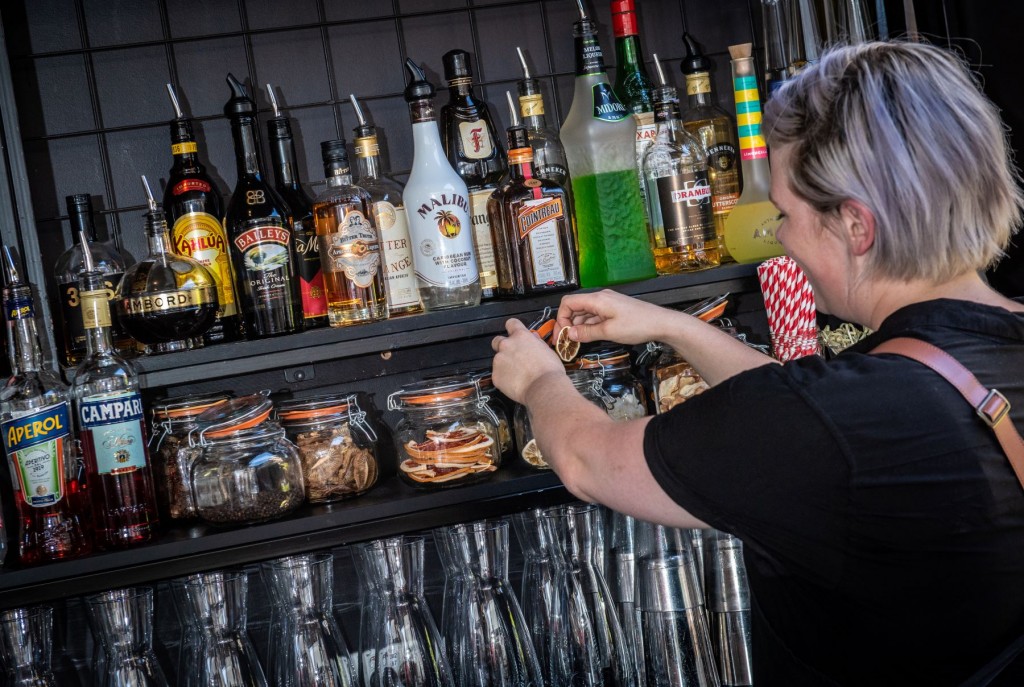Turning the tide in a challenging hotel market
Posted on 10/8/2019
Overview:
It’s no secret that the past few years have been a rocky period for publicans across South Australia and the Northern Territory. The closure of several high-profile hotels in both regional and metropolitan areas, have left some worried about what the future holds. We look at some of the trends impacting the hotel industry across SA and the NT, and how they can be overcome.
Current Trends Making Waves
While we have seen some emerging trends across the industry that have impacted the viability of operators, it’s important to note that no two venues are the same. With the right advice and a clear understanding of what the challenges are and how they can be overcome, operating a successful hotel business is still certainly possible.
Naturally, it is important to understand some of the current trends impacting the hotel industry across SA and the NT, which provide some context for the current climate we find ourselves in.
Gambling revenues, once the rivers of gold for hotel operators, have decreased significantly over the past decade or so. According to the South Australian Centre for Economic Studies, state-wide gambling revenues have shrunk by 16% since 2004-05 with the biggest impacts felt in Adelaide where the decline has been 43%, while in the Northern Territory, changes to the taxation regime have also had a major impact on these revenue streams.
Both markets have also been impacted by significantly increased competition – for example, in the Adelaide CBD, there are now approximately 90 small bar licenses – and, in regional areas, declining populations have contributed as a factor.
None of this has been helped by the cost increases venue operators have had to bear either. Across the board, energy costs continue to rise each year, which was one of the major reasons cited by the Archer Hotel’s former operator following its closure last year. Compliance costs are also becoming more demanding of operators, headlined by the South Australian State Government’s recent announcement that it will significantly increase liquor licensing fees from November this year.
Despite these economic headwinds, rents remain high across the industry as many landlords, still buoyant from the hospitality boom of the mid-2000s, haven’t adjusted their rates to reflect the current market environment.
Together, the effects of rising costs, increased competition and declining revenues have created somewhat of a perfect storm for venue operators, with many forced to close their doors or face insolvency.
Communication is Key
However, it’s not all bad news and it’s certainly still possible to operate a successful hotel in the current climate provided you are equipped with the right information and understand your rights and obligations as a tenant.
For our clients in the hotel industry, our first piece of advice is always to look at engaging with your landlord and to be honest about the circumstances. Naturally, landlords want their tenants’ business to succeed to ensure their own revenue streams, so most will be willing to come to the table and discuss options. For some, this may be in the form of negotiated payment plan for outstanding rent payments, while others may be willing to discuss a rent review, should your leasehold arrangement permit.
Some clients will be happy to deal directly with their landlords to negotiate improved rental terms, but we also understand that this may be a difficult discussion to have. The team at Perks have the expertise to handle these negotiations and can ensure a good outcome that will favour both parties in the long-term.
Know Your Rights
Another key area in which we have been advising our South Australian hospitality clients is around the changes to the Retail and Commercial Leases Act 1995 (SA), which came into effect in 2011. Since these changes were introduced, the most critical aspect has been the increase in the annual rent threshold for leases governed by the Act from $250,000 to $400,000. Under the terms of the Act, landlords must adjust rent after a market review even if there is a ratchet clause in the lease preventing this. Landlords are also prohibited from charging tenants land tax for any lease where the annual rent is under $400,000 per annum.
More recent legislative changes have improved clarification for tenants around leases governed by the Act. In 2018, the State Government ruled that leases may move in and out of the governance of the Act. This is particularly significant for any operators who may have signed a long-term lease prior to 2011 and where the annual rent is between $250,000 and $400,000. While every circumstance is different, operators with such leasehold arrangements may qualify for a significant reduction in their annual rent and may no longer be required to pay land tax.
Perks are the Experts in Your Corner
With extensive expertise in the hospitality sector, Perks has assisted many South Australian clients in ensuring that their leasehold arrangements are fair in the current climate to give their business the best chance of succeeding.
Perks is also engaged closely with the Australian Hotels Association (AHA) as we seek to bring about similar legislative changes in the Northern Territory. Through our work in SA, we have seen that there is a great opportunity to improve outcomes for hotel operators in the NT, while also providing improved security for landlords through well mediated negotiations that bring an outcome which benefits both parties.
We look forward to keeping you updated on our progress in the Northern Territory and, in the meantime, if you want to discuss how Perks can assist your hospitality business, feel free to get in touch with us anytime.
Related insights.

Show Me the Perks Podcast | Unlocking HR Success: Best Practices for Small Businesses with Perks People Solutions
30/7/2024
In this episode of Show Me the Perks, join Cecilia White, Director of Perks People Solutions, as...
Read more.

Show Me the Perks Podcast | Adelaide’s Property Market: Insights for SME’s and Investors
24/6/2024
In this episode, we dive into the Adelaide property market with insights from Ben Parkinson, Managing Director...
Read more.

Show Me the Perks Podcast | Driving Growth: LIV Golf’s positive impact on Adelaide with Performance54
28/5/2024
In this edition of our podcast, Kim welcomes Nick Haslam, Executive Tournament Director of LIV Golf Adelaide...
Read more.
Want to receive our insights?
Sign up to receive important financial updates, useful tips, industry trends and whitepapers.